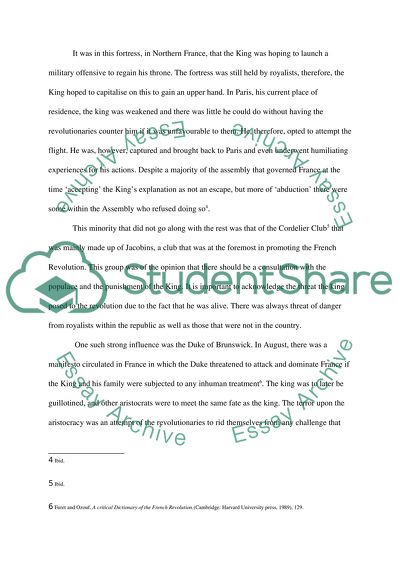Cite this document
(“Why terror Essay Example | Topics and Well Written Essays - 1750 words”, n.d.)
Retrieved from https://studentshare.org/history/1401987-why-terror
Retrieved from https://studentshare.org/history/1401987-why-terror
(Why Terror Essay Example | Topics and Well Written Essays - 1750 Words)
https://studentshare.org/history/1401987-why-terror.
https://studentshare.org/history/1401987-why-terror.
“Why Terror Essay Example | Topics and Well Written Essays - 1750 Words”, n.d. https://studentshare.org/history/1401987-why-terror.


